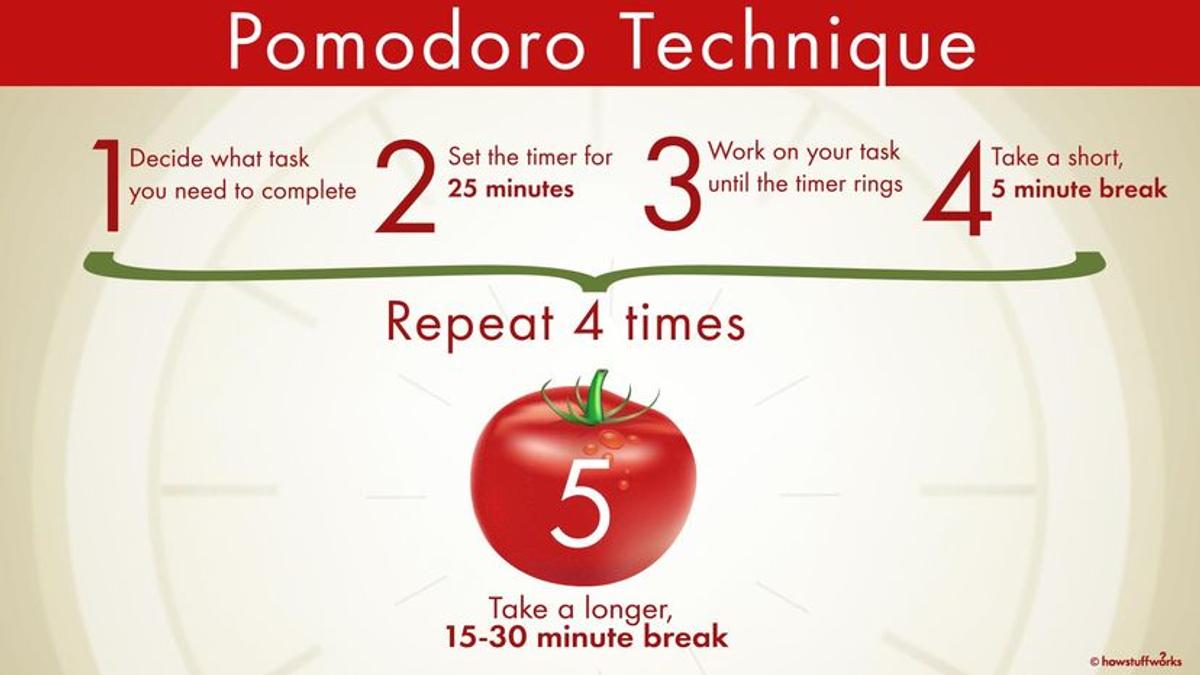Wellbeing at Homestead
Every day matters

Wellbeing at Homestead
Every day matters
Preparing for exams can be stressful – and not just for your teenager, but for every member of the family. To help create a positive environment, there are practical ways you can help your teenager feel ready for their exams – and minimise the tension in your household.
Please read below 5 ways parents can help teenagers study for their exams effectively:
Effective study is almost impossible without the basics taken care of first. Being well-fed, hydrated, and well-rested is a solid foundation for study success and without these important ingredients, your child’s brain will find it hard to work at full capacity.You can do your bit by providing a home environment that is organised, clean, calm, and quiet – with a well-stocked fridge and pantry cupboard filled with healthy, nutritious snacks. Aim to keep mealtimes regular to help them create a routine they can rely on.As exams get closer, focus on offering smaller, lighter meals throughout the day to help boost their energy, without feeling sluggish. By giving them the tools to study more effectively, they can cope with study sessions better – and that means more effective study, with better outcomes.
When the going gets tough, it’s natural to take the path of least resistance. For your teenager facing a range of subjects, it’s helpful to direct them to tackle the most difficult subjects at the start of their session, when their ability to concentrate is at its best.By prioritising all the tasks that demand a high level of focus and creativity, they’ll have a better chance of dealing with them before their energy gets sapped.Setting study goals is a positive way to work through any study session. Instead of reading four chapters of a textbook in one stint, and risking information overload, encourage them to break down their study into smaller chunks. Focusing on one chapter and devoting all their attention to it for an allocated time period will give them a better chance of retaining the information.When that goal is reached, encourage a break – a walk around the block, a few minutes shooting hoops, some yoga or stretches, a refreshing shower, or some other quick activity that gets them away from their desk and gets them moving for a few minutes.
Be aware of the warning signs that could indicate stress in your teenager.Some common stress signs include:
If you notice your teenager suffering from any of the above, check through the study preparation basics (1. Focus on the basics – written above) to see what you can help with. If their health is compromised, talk to your trusted GP.
Ask your teen how their revision is going and if there is anything you can help them with. Even a simple conversation at the end of the day and sharing some positive feedback about what they have achieved can be a big boost and help them feel less alone.Don’t feel bad if they don’t want to talk. It’s not personal. Making them feel bad about not opening up to you will only add to their stress, not reduce it.
You might have lots going on in your own life but trying to maintain an environment of positive support is important for your child’s study success. If you’re facing your own worries with work or personal issues, make sure you have a great friend to talk to – confiding in your teenager at this time about all the tricky situations that might be going on in your office or extended family will not help them focus on their study in a positive way.Looking after yourself is one of the best things you can do to help look after your teenager. There will be times they feel down and stressed and may take it out on you. By making sure your own emotional health is in good shape, you’ll be less likely to fly off the handle and better able to cope with their mood swings.Exam preparation time is a busy one – and it can be emotionally challenging. It’s important to remember that it does come to an end. Be as supportive as you can and remind other members of the household to help out in whatever ways they can too – assigning other siblings some extra household chores can go a long way to creating a more organised, calm household that helps everyone cope with the increase in stress levels.
-Jas Bahtia (Wellbeing Counsellor)
Overcoming procrastination is one of the biggest problems students can face when studying. How many times have you said to yourself “I’ll do it later” only to find yourself 3 hours in to a Netflix binge? What if you knew you only had to focus for 25 minutes before having a break?
In order to overcome procrastination and study inertia follow the work-break-work method such as the pomodoro technique. Research shows short breaks help you stay focussed on your study and help fight mental boredom. The pomodoro technique helps to limit distractions, improve motivation and enhance productivity on the task chosen.


You can even use this website and app to help set up the pomodoro timer on your laptop or phone- https://pomofocus.io/
-Emma Howarth (Mental Health Practitioner)


Why do teens like social media? Teenagers place a lot of value in the feedback they receive on social media. Likes, comments, and followers can make or break their mood or self-esteem. You can support your teenager by helping them to gain perspective and understand the relevance and importance of how people present themselves online.
Here are two main reasons why teenagers feel the ‘need’ to stay on social media:


Why is social media so important to teenagers?
Help them have positive online experiences
Unsurprisingly, social media and self-esteem have a strong relationship. This means that missing out on an invitation to a cool party, missing out on a Snapchat story from someone admired in high school can be upsetting and negatively impact a teenager's self-esteem. As a parent, there are lots of things you can do to help your child understand that social media follower count, likes, and interactions are not a measure of their actual worth.
What to do if you're worried
Jas & Emma